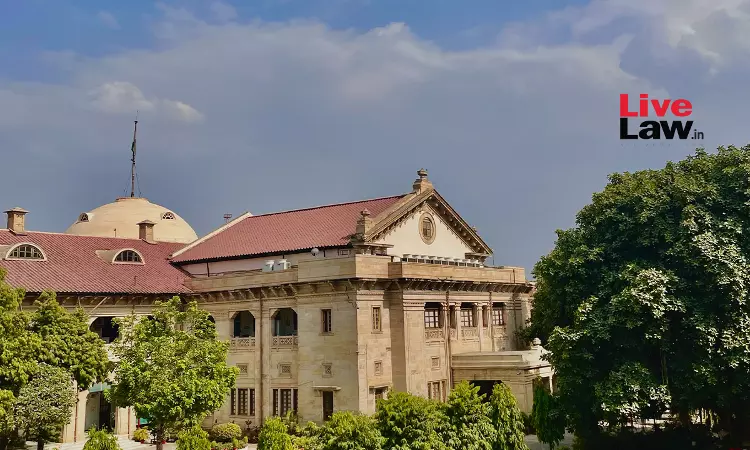Co-Accused Can't Be Implicated U/S 149 IPC If There Is No Meeting Of Mind Concerning Any Common Object: Allahabad HC
Sparsh Upadhyay
5 Sept 2024 5:30 PM IST

Next Story
5 Sept 2024 5:30 PM IST
The Allahabad High Court has observed that when the other co-accused were not present at the scene and when there was no meeting of mind concerning any common object, the co-accused could not be implicated under Section 149 IPC. For context, Section 149 IPC makes every person who is a member of unlawful assembly at the time of committing the offence guilty of that offence. A...
